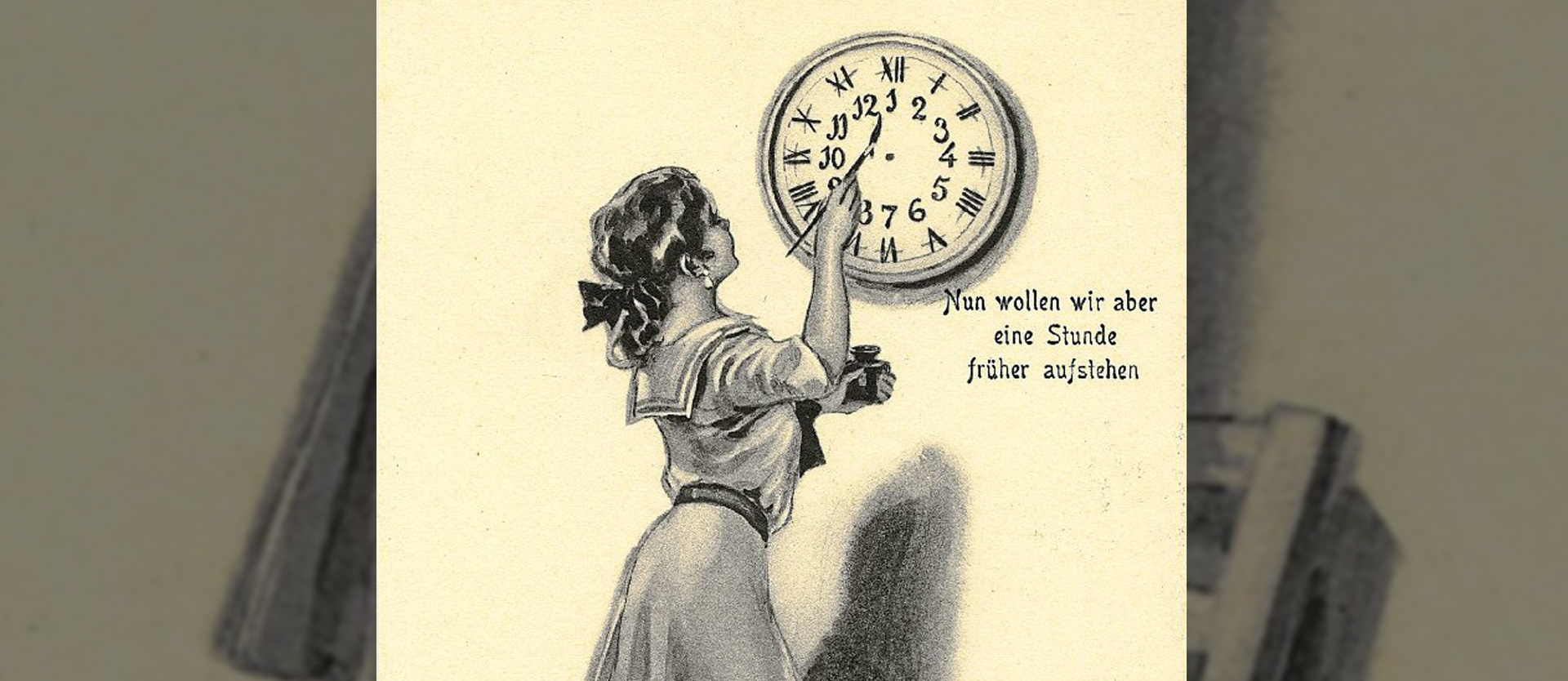
Energy consumption and biorhythm
Things changed again with the oil price crisis of 1973. The high cost of energy made France the only country in Europe to reintroduce daylight saving time in order to save energy. However, it became clear even then that the argument of responsible use of one's own resources, which is still often used today in connection with the introduction of daylight saving time, proved to be only partially efficient. Estimates from the year 1974 showed that only up to 2 per mille of energy are saved thereby. This is because the rhythm of life of modern people is oriented more to the actual times of day and night than to the officially prevailing time of day. This means that not everyone automatically goes to bed earlier, especially when nighttime is often turned into daytime thanks to widespread electrification and numerous entertainment options. In the U.S. state of Indiana, a study even found that summer time results in higher energy consumption on average, as the energy savings achieved in the spring were not only offset by the increased need for heating in the early mornings of the onset of fall, and by the more intensive use of air conditioning during the summer, when people enjoy their evenings longer, but actually increased by 1 percent.
However, the energy demand that is supposedly to be saved is also offset by other reasons for abolishing the time change. For example, the time shift significantly disturbs the biorhythms of many people, which can lead to undesirable side effects such as longer-lasting sleep disturbances, which in turn result in reduced productivity. Psychological studies also show that this can also cause serious hormone level fluctuations that persist and affect people not just for days, but for several months. And what is true for humans is also true for animals. Farmers, in particular, have always complained about the change of time, as it also upsets the biorhythms of their farm animals. This leads to problems, especially when milking cows, because their natural milk production cannot be changed overnight, so farmers are forced to accustom their cows successively to the new time.
Nevertheless, in the aftermath of the oil crisis, daylight saving time was reintroduced throughout Europe by 1981, and its regulations were again made binding at the European level in 1996. However, the aim was not so much to optimize the energy balance, but rather to establish a single European market in the course of the emergence of the European Economic Community, which wanted to avoid special regulations of individual countries. In 2018, however, the EU Commission had again proposed the abolition of daylight saving time and the European Parliament approved it. Thus, in October 2021, the change to winter time should have taken place for the last time, but the individual member countries are still at odds on this issue. And so, in the coming night to Sunday, we too will again set the clocks forward by one hour. And this unfortunately again in times of war in Europe.












